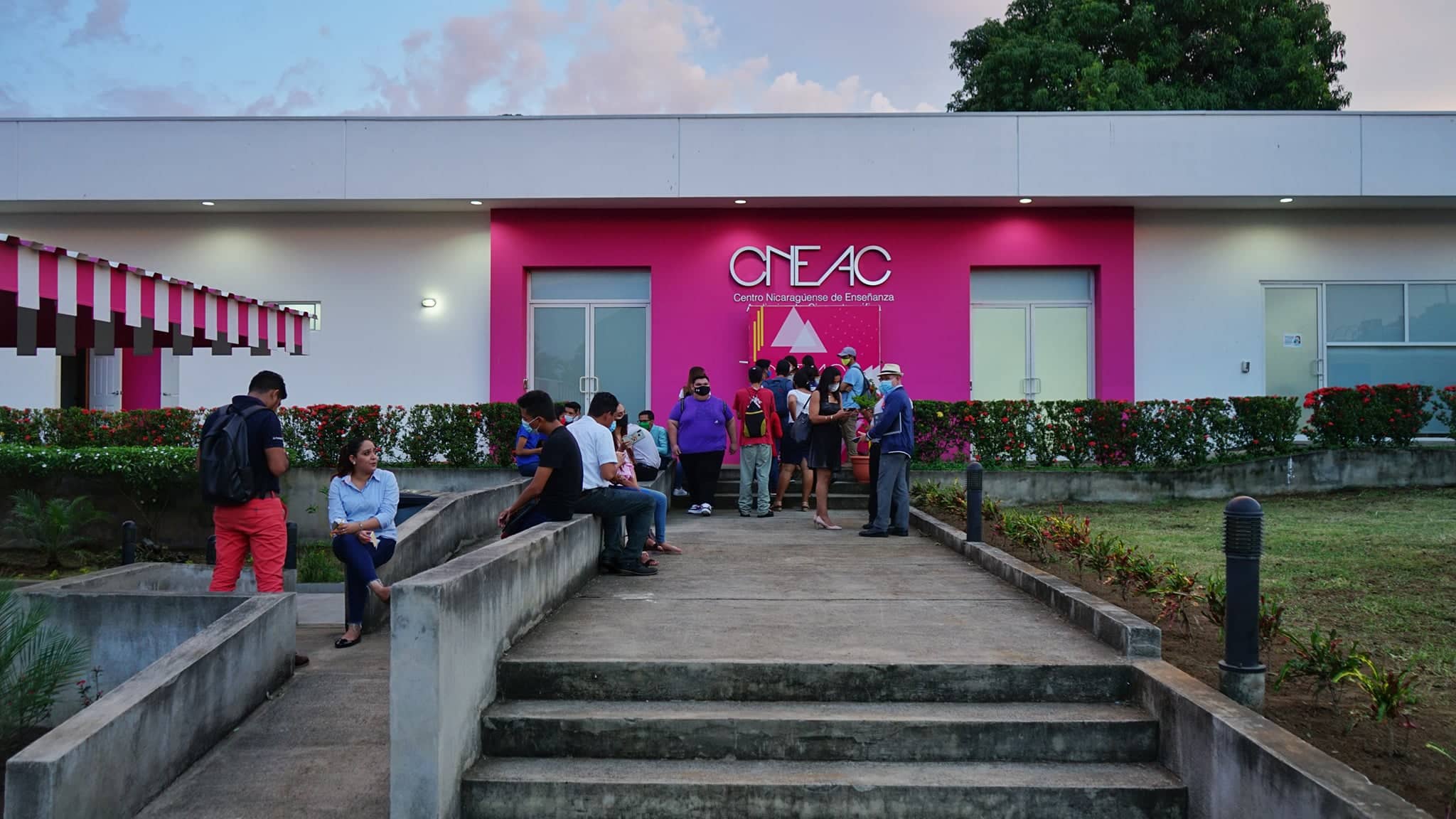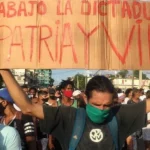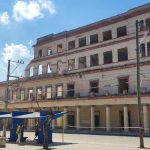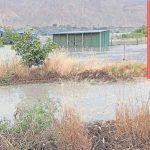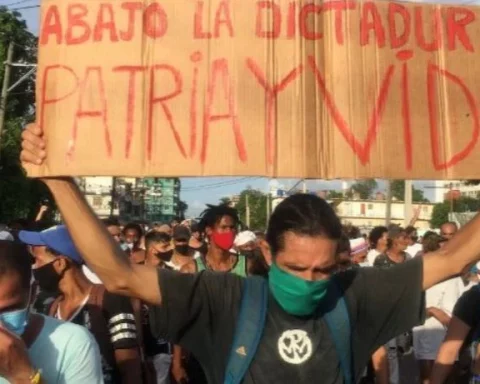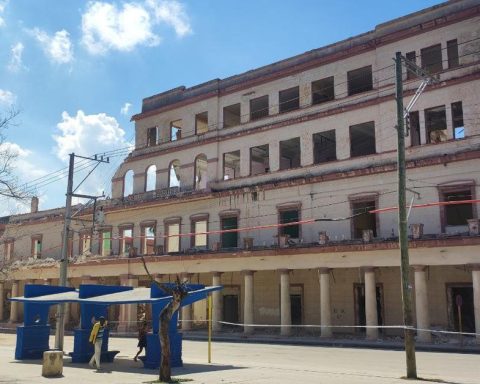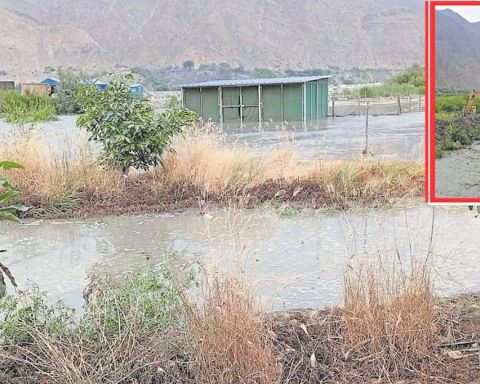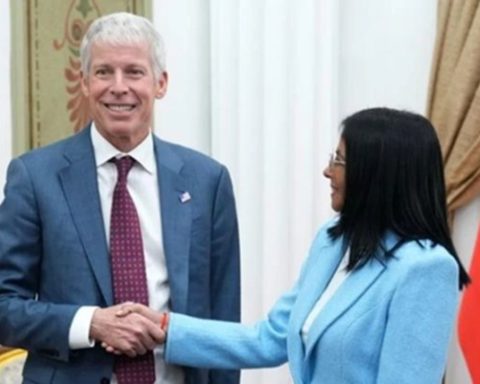The initiative for reforms and additions to Law 909, the Law creating the National Cinematheque, which this Thursday, October 6, was ruled favorably by the Commission for Education, Culture, Sports and Social Communication Media, of the National Assembly, is perceived by specialists as one more link in the chain of censorship imposed by the regime of Daniel Ortega and Rosario Murillo in Nicaragua.
This reform initiative, which could be included in next week’s legislative agenda, elevates the National Cinematheque to the rank of regulator of all film and audiovisual projects that are produced in Nicaragua or are intended to be reproduced in the country.
If the initiative is approved, the National Cinematheque will have the authority to “authorize the pre-production, production, production or filming, exhibition and distribution of national or foreign audiovisual and cinematographic projects in Nicaragua,” according to article 4, numeral 14.
Therefore, “any natural or legal person, national or foreign, who intends to carry out audiovisual and cinematographic activities of any kind in the national territory, must comply with the registration requirements before the National Cinematheque and have the proper authorization for the execution of such activities. such activities”, indicates article 12 of the initiative.
Concerned filmmakers
The creation of this regulatory entity occurs two months after a journalistic team from TV Azteca, led by the Mexican journalist Otoniel Martinez, was in Nicaragua for two weeks documenting the daily life of Nicaraguans despite the state of police siege. The communicator along with two other colleagues entered Nicaragua, from Costa Rica, as tourists, to circumvent the control that the dictatorship maintains over national and foreign journalists.
A Nicaraguan filmmaker, who requested anonymity for security reasons, said that the initiative has generated concern in the industry, since it places special emphasis on the control, supervision and potential censorship of audiovisual material. Situation that, in a context of state repression and political persecution, could be applied discretionally.
This initiative gives the National Cinematheque powers that could be considered unconstitutional, the filmmaker said. “No state should have any power to authorize, supervise and control thought or artistic creation.” In addition, “it continues with the pattern of restricting freedoms in Nicaragua,” he pointed out.
On the other hand, the initiative proposes “a registry of cinematographic activities, which although it is part of any law for the promotion of cinema, in a context of state repression and political persecution of any different thought, it worries, because it could also be used in a discretionary manner. ”, he stressed.
Intensification of censorship
For the lawyer and former liberal deputy, Eliseo Núñez, this initiative promoted by the Presidency of the Republic in practice aims to create “a censorship entity” for the national and international media, since the regime is not capable of regulating everything the material produced by citizens on their smartphones.
“This is essentially aimed at the media,” Núñez warned. “Not everyone who is on social networks is going to be required to have that permission, but if someone publishes something that they (the regime) feel harms them, then, in addition to pointing it out with the Cybercrime Law, they are going to say that it did not have audiovisual approval, ”he continued.
The regime also intends to regulate the production of documentaries in the country, a situation that the lawyer assessed as “an unequivocal symptom of an absolutely closed regime”, which is taking the country back “to the time of the Soviet Union”.
Currently, the National Cinematheque is a decentralized entity whose purpose is the promotion and dissemination of cinematography and audiovisual arts in all its aspects, as well as the rescue, restoration, preservation and dissemination of the national and international film heritage.
In recent years, however, this entity has gained special relevance among the international media. The foreign press identifies Idania Castillo, current director of the Nicaraguan National Cinematheque and ex-wife of one of the sons of the presidential couple, as the channel of communication with the Presidency.
material confiscation
With this reform initiative, the National Cinematheque will be able to “dictate security measures” of cinematographic and audiovisual material produced in Nicaragua. Said measures may consist, among others, of “the prohibition of the development, public exhibition, commercialization of cinematographic and audiovisual products, as well as their confiscation”, in accordance with article 13, second paragraph.
For the Spanish journalist Daniel Rodríguez Moya, producer of the documentary Free Homeland to Livethe reform that is intended to be approved in Nicaragua is “basically a law of absolute control”, since with it the regime will have a legal framework to authorize what may or may not be recorded in Nicaragua.
“It is clear that any journalist or film producer who wants to do a job in Nicaragua that goes against the vision of the regime, and who plans to denounce the dictatorship, will not be authorized,” Rodríguez commented. In addition, he recalled that in previous years the Ortega regime has denied entry to the country to international journalists who tried to document the reality of the nation.
For his part, Núñez pointed out that the confiscation of audiovisual material “is something that they were already doing” de facto. “But now they are going to have legislation to confiscate all audiovisual material and not let cameras or other things in,” he stressed.
Since 2018, when the media and the population documented the repression of protests against the regime with their smartphones, the Police and supporters of the regime have continued to confiscate cameras, phones and all kinds of records of what happened in the country.
